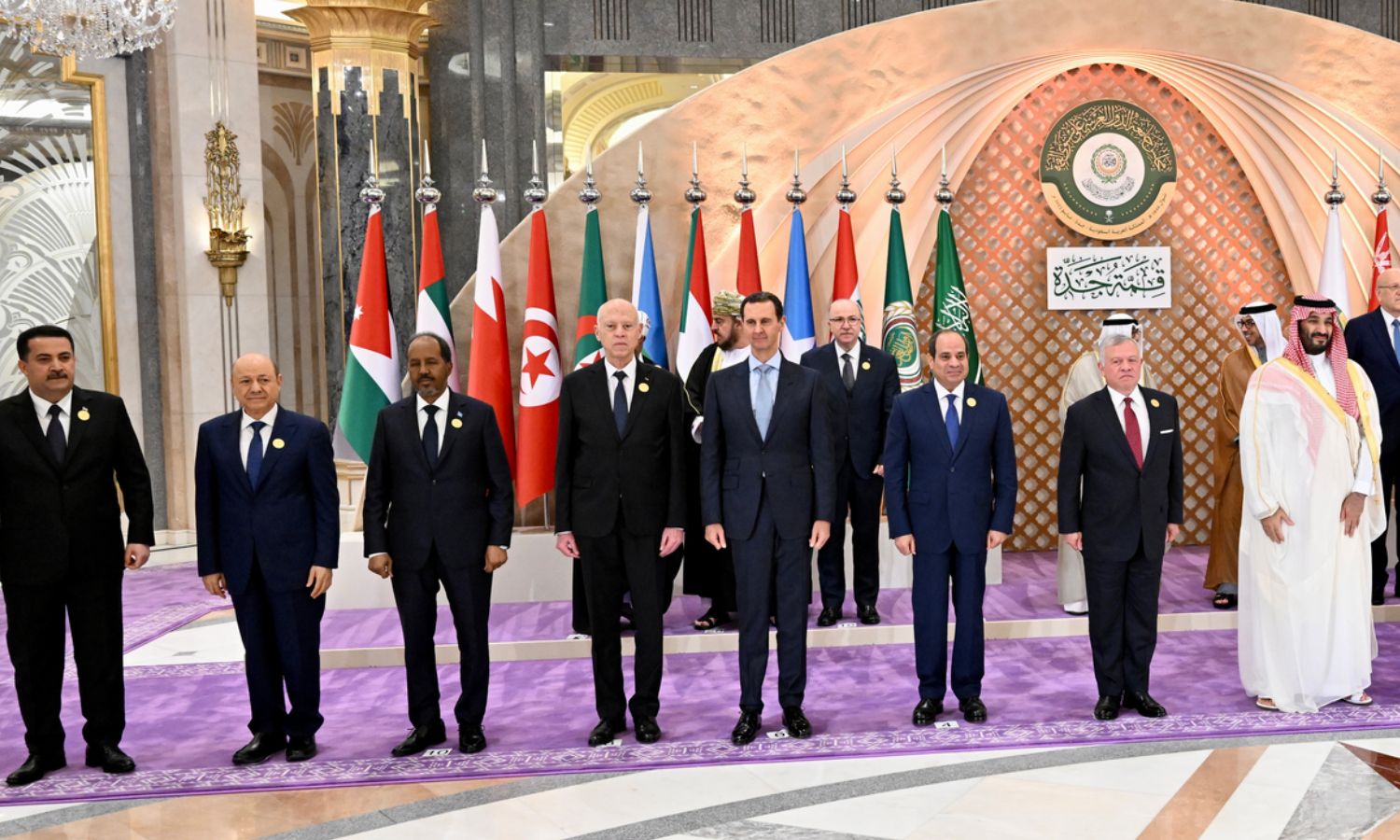In a remarkable and unprecedented development since 2011, Faisal Mekdad, the Syrian regime’s Minister of Foreign Affairs, held a meeting with Ahmed bin Mubarak, the Yemeni Foreign Minister representing the internationally recognized government. This meeting is noteworthy due to Damascus’ historical reluctance to acknowledge this particular government and its recent appointment of an ambassador to the Houthi group, which has strong ties with Iran, at the Yemeni embassy in the Syrian capital.
The encounter between Mekdad and Mubarak took place on the sidelines of the Arab League Council’s ministerial-level meeting held in Cairo on September 6th. During their discussion, the two diplomats delved into various aspects of their bilateral relations, exploring avenues to strengthen them, while also addressing the evolving geopolitical landscape in the region. This information was reported by the Yemeni News Agency (Saba).
Saudi Payment
Yemen’s reservations regarding the re-establishment of any relations with the Syrian regime were evident even before Syria’s return to its seat in the Arab League. Despite Saudi Arabia’s efforts in this regard, Yemen, along with at least four other Arab League members, expressed strong objections to the regime’s reintegration into the League.
Mahmoud al-Bazi, a specialist in Iranian affairs, shared his insights with Enab Baladi, suggesting that external circumstances and factors were the driving forces behind this unexpected meeting. Bazi believes that the Yemeni side might have initiated this step with a green light and encouragement from Saudi Arabia.
Regarding Saudi Arabia’s motivation, Bazi explains that Saudi Arabia continues to adhere to a gradual approach and has not yet deemed it an outright failure. Through this meeting, Saudi Arabia could be aiming to make a strategic move against the Houthi group, as Bazi describes it.
On the other hand, the Syrian regime’s participation in the meeting, according to Bazi’s analysis, is not motivated by genuine interest but rather by the perception that it won’t cause any harm.
The Yemeni political analyst does not discount the possibility that this meeting was orchestrated at the behest of Saudi Arabia and the United Arab Emirates. Their intent might be twofold: first, to signal to the Syrian regime that they have the capability to reintegrate it into the Arab system and, second, to attempt to reduce its dependence on Iran. However, the analyst is skeptical about the latter, considering the considerable influence Iran wields over the political decisions in Damascus.
Prior to the meeting with Mekdad at the Arab League gathering, Saudi Deputy Foreign Minister Walid al-Khereiji emphasized the necessity of foreign forces withdrawing from Syria due to the threat they pose to the country’s future and regional stability. He also noted that Syria’s return to its Arab surroundings could positively contribute to resolving the ongoing crisis and restoring stability to Syria and the broader region.
Syrian Ignoring
The meeting between Mekdad and Mubarak went unmentioned by the Syrian Foreign Ministry in their official communications, as well as by the official Syrian News Agency (SANA) and local media outlets closely aligned with the Syrian regime.
In the September 7 edition of the local newspaper Al-Watan, which covered Mekdad’s speech during the Cairo meeting and his interactions with the heads of delegations from the UAE, Saudi Arabia, Oman, Mauritania, and Tunisia, there was no reference to his meeting with the Yemeni foreign minister.
Bazi suggests that the local Syrian media lacks a coherent strategy to address these issues.
This article was translated and edited by The Syrian Observer. The Syrian Observer has not verified the content of this story. Responsibility for the information and views set out in this article lies entirely with the author.


